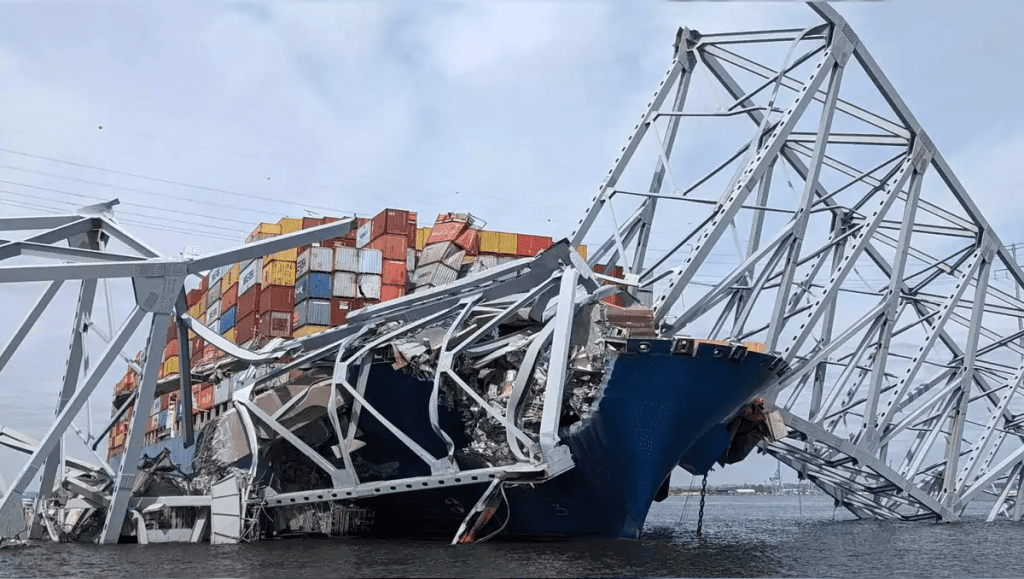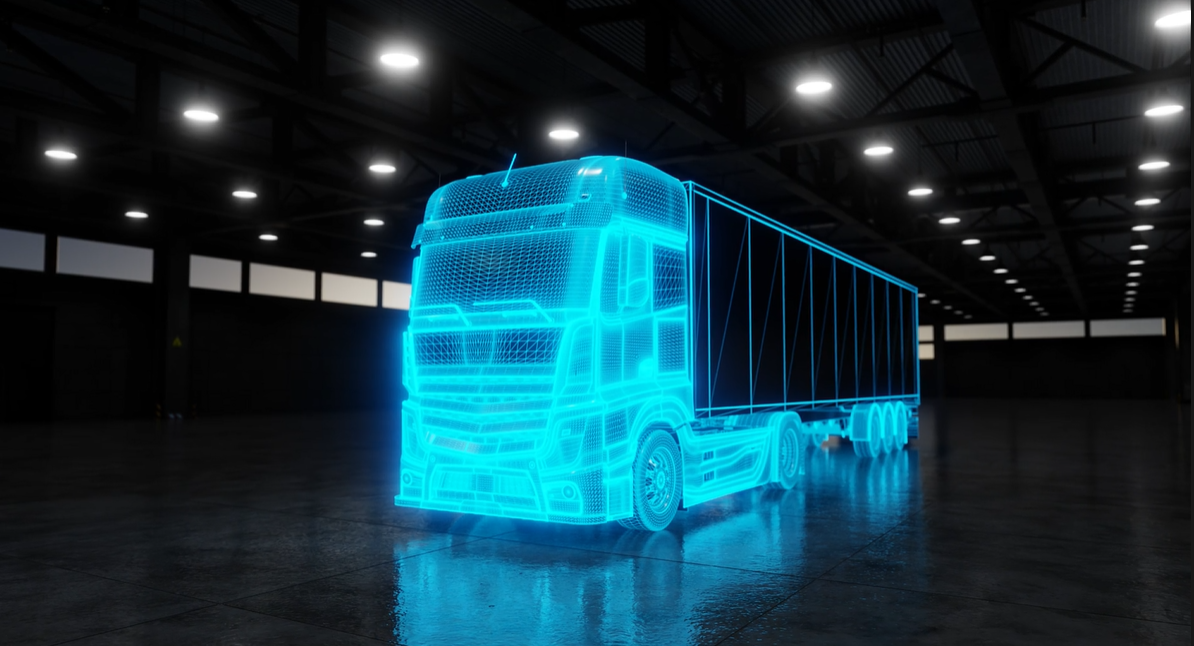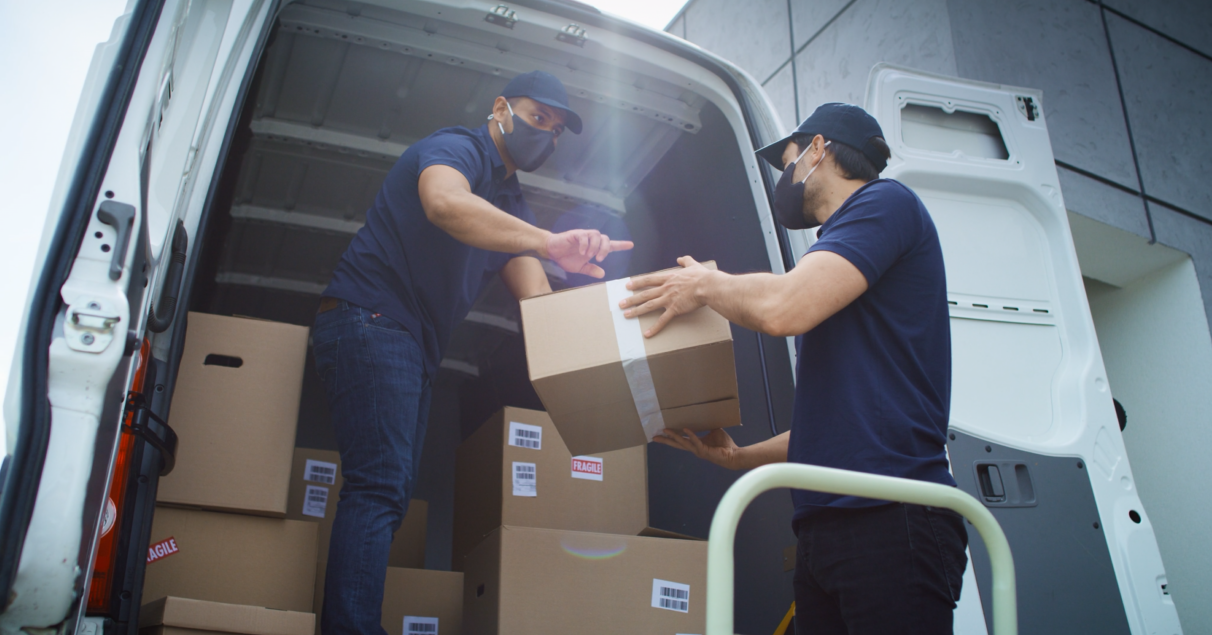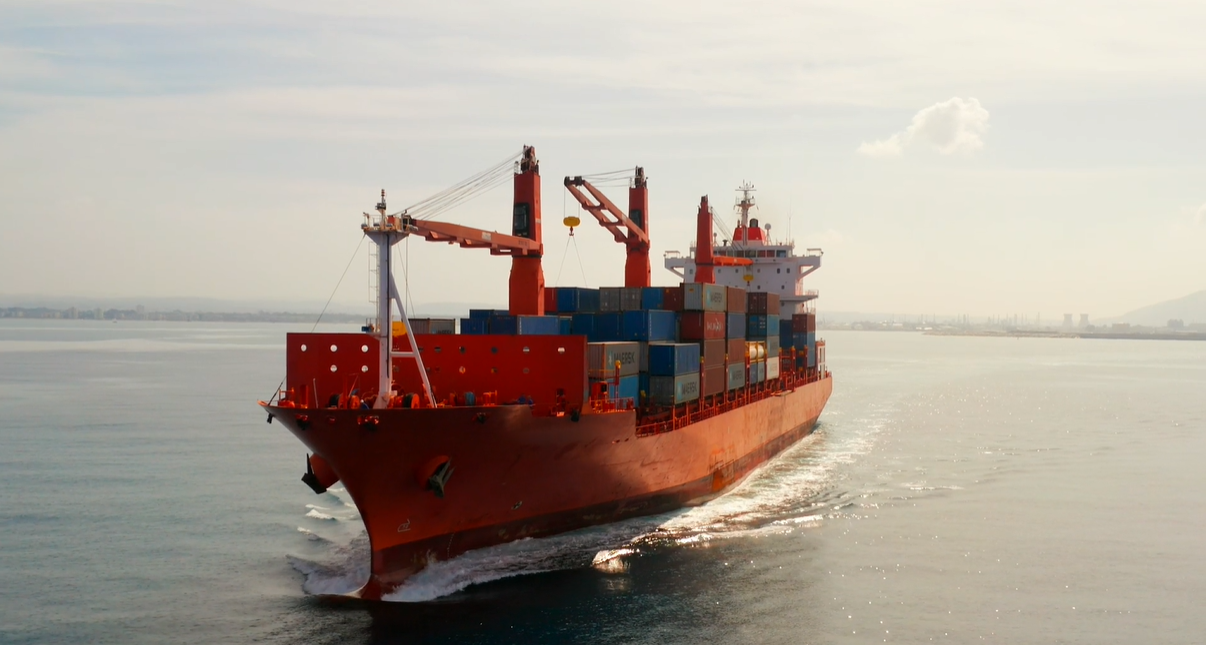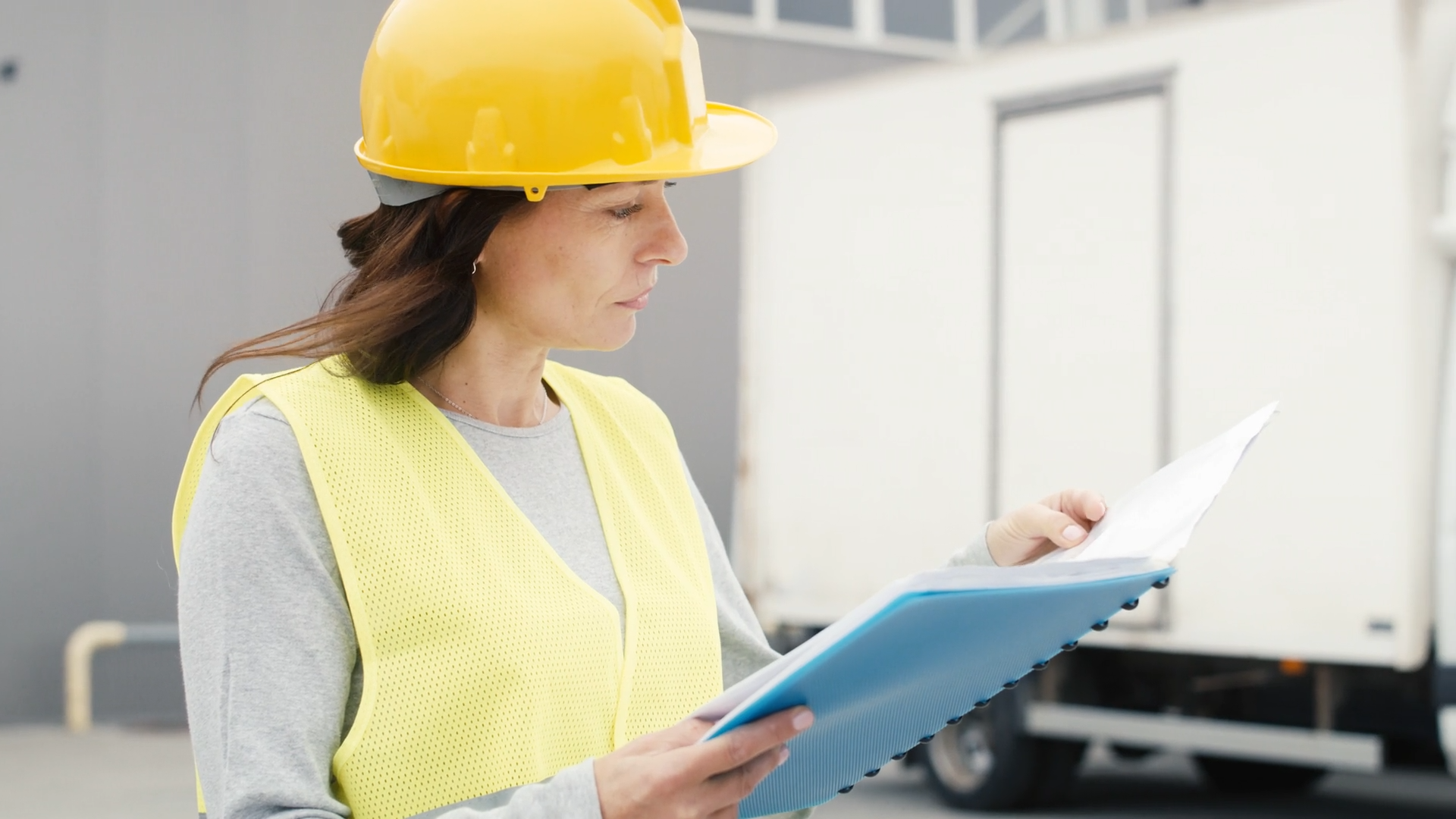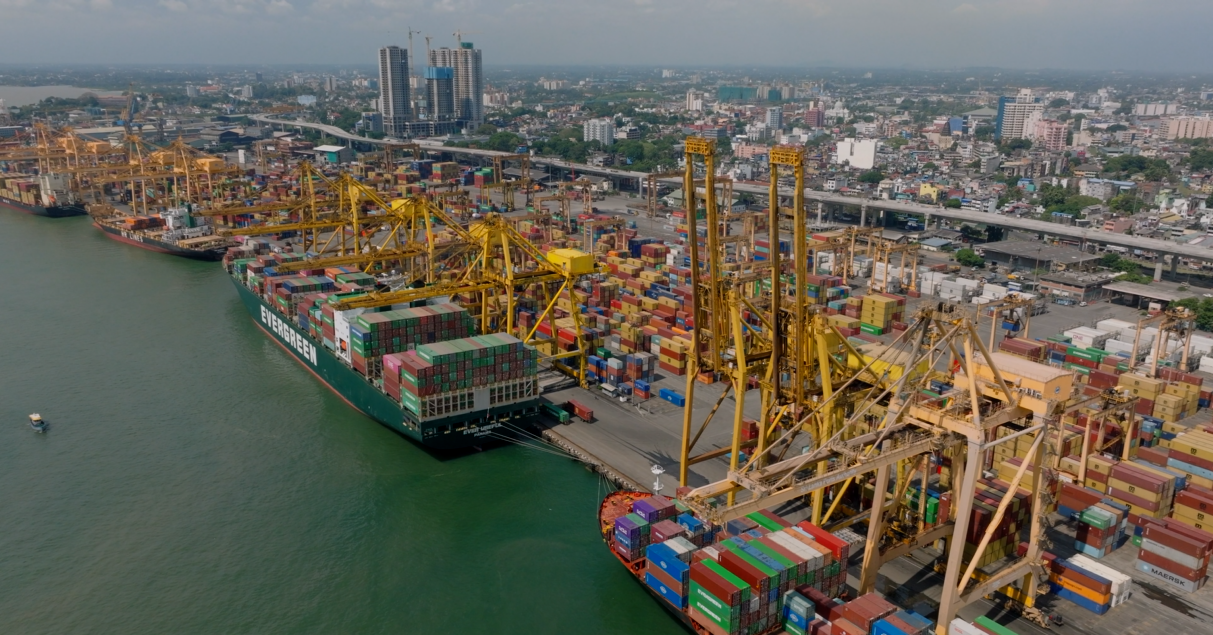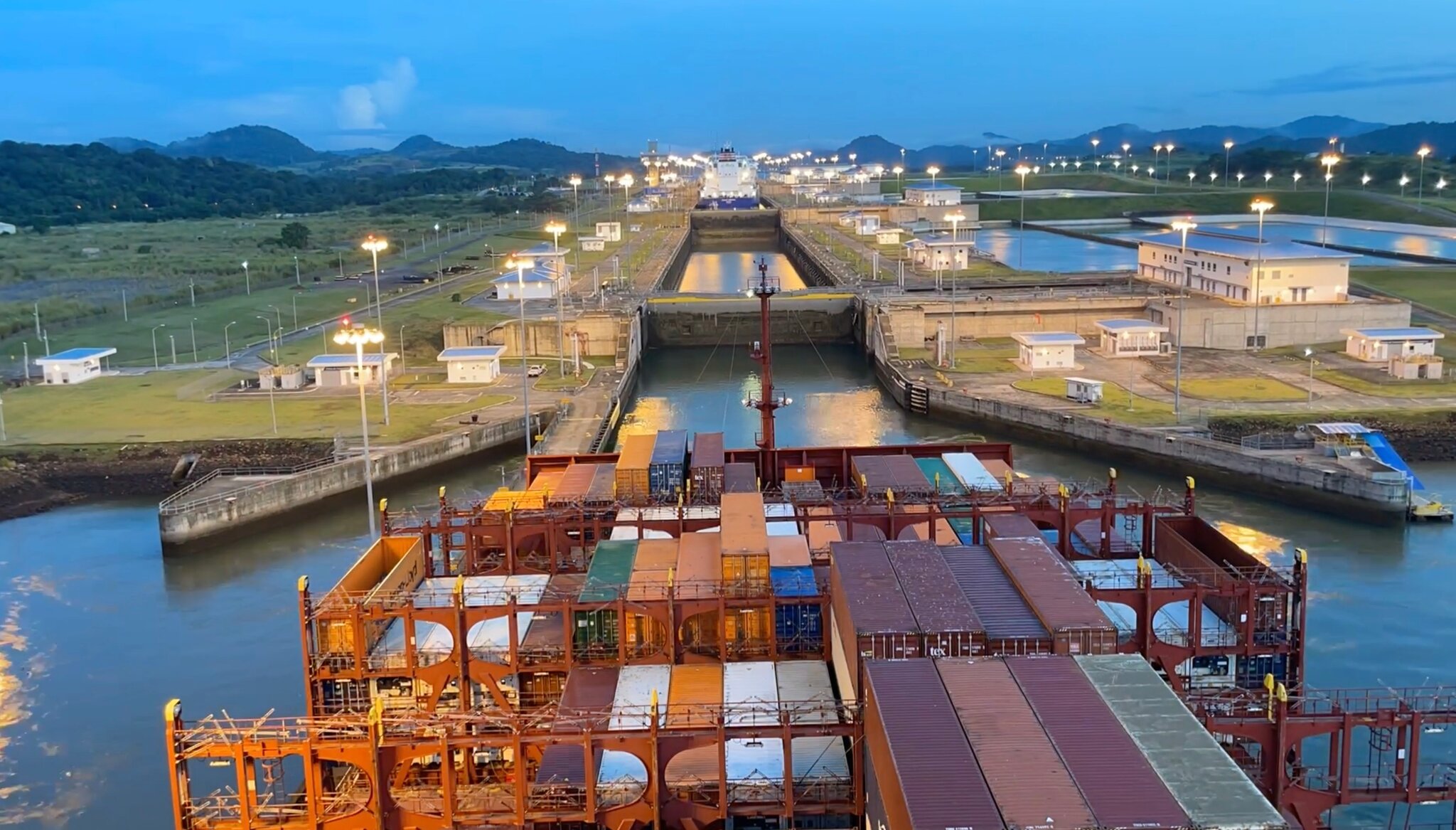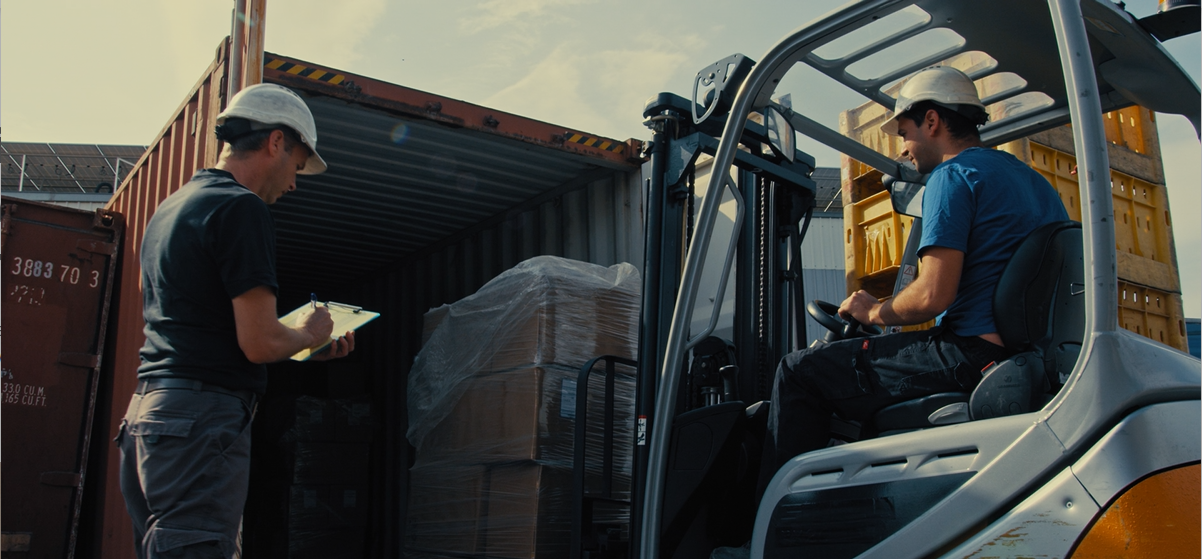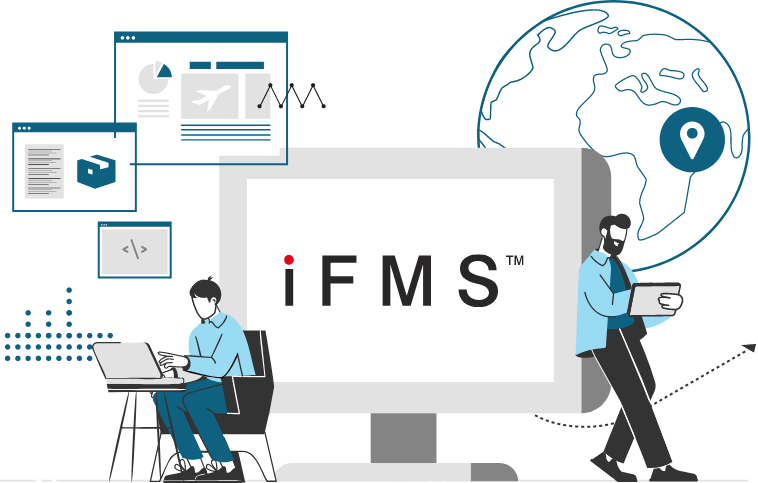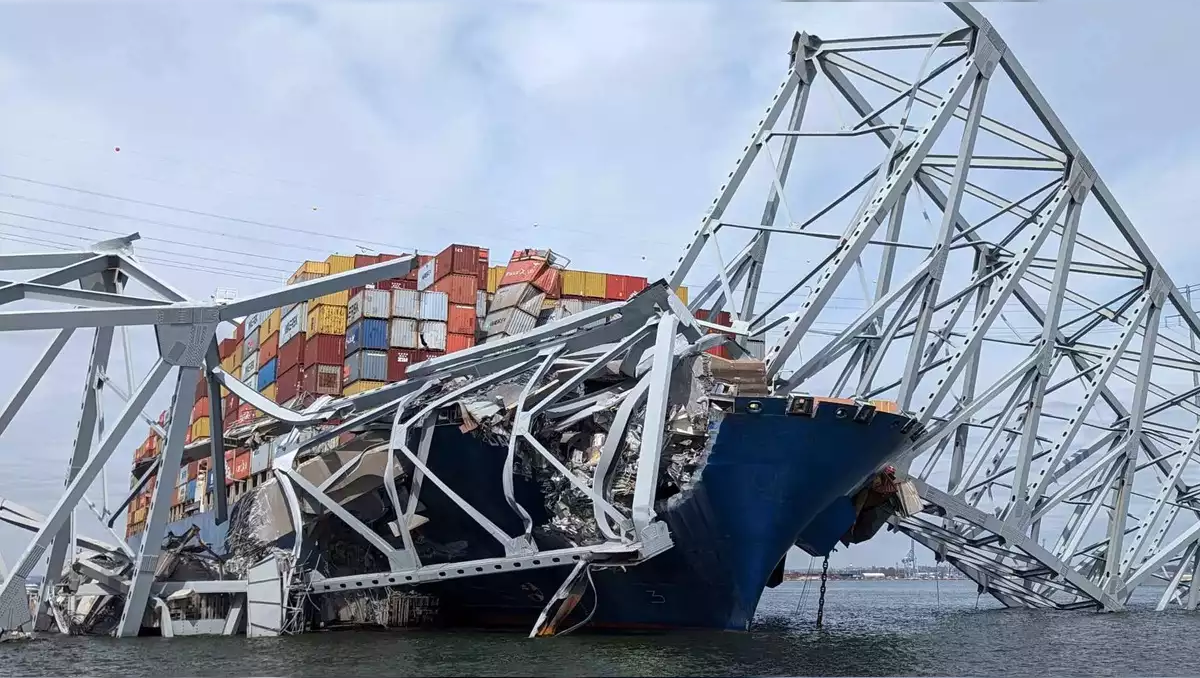FREIGHT FORWARDING
The Role of Electric Vehicles in Modern Logistics
Electric vehicles (EVs) are revolutionizing the logistics industry. Professionals in both the energy sector and logistics are seeing the immense benefits of electrifying their vehicle fleets. This shift is essential for environmentally conscious companies, given the significant impact of carbon emissions from transportation.
August 6th, 2024
|
5 Minute Read
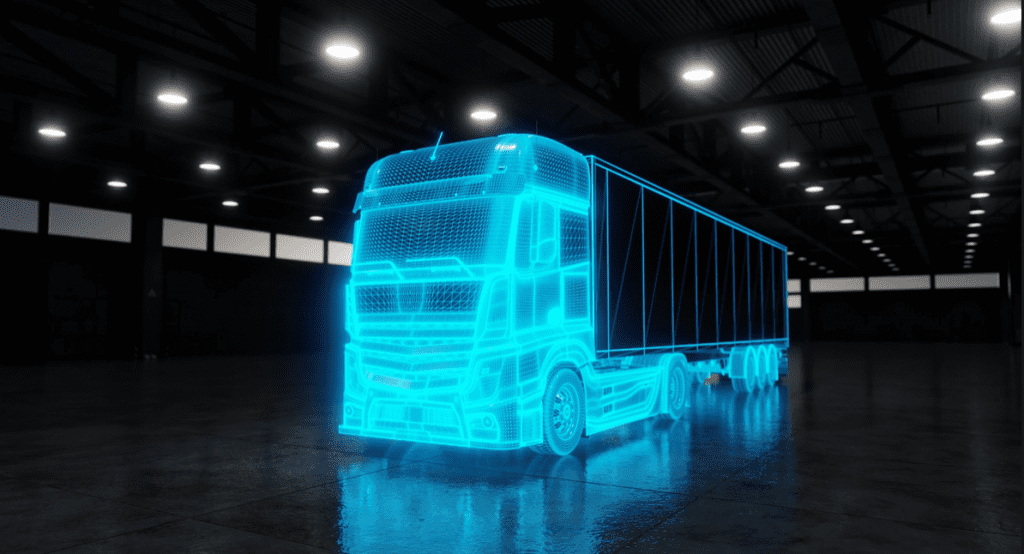
The Importance of Electric Vehicles in Logistics
Logistics transportation, including traditional trains and large shipping vessels, accounts for 8% of global greenhouse gas emissions. This figure rises when considering ports and warehousing. Smaller commercial vehicles, like trucks, contribute 65% of these emissions. Addressing emissions from these smaller vehicles is urgent before tackling those from larger freights.
Many energy professionals are unaware of the high emissions from logistics due to a lack of accountability and reporting standards. Supply chains rely on numerous vehicles and fossil fuel-powered machinery, from warehouses to final delivery points. The shift to EVs is especially critical in last-mile delivery, where the rise in e-commerce since the COVID-19 pandemic has increased emissions. Unrealistic delivery times further harm the environment, making the transition to EVs vital to reduce urban delivery emissions.
Governments and corporations are leading the change by implementing mandates and offering incentives. Data shows that EVs can significantly reduce logistics transportation emissions.
Benefits of Electrification in Logistics
Electrification is crucial for the future of green logistics. Integrating EVs provides supply chains with a competitive edge. Companies committed to ESG (Environmental, Social, and Governance) goals are more likely to become industry leaders.
Early adoption of EVs allows businesses to influence sustainable policy and lawmaking. Regulators recognize these companies for their firsthand experience with new technologies. This positions them as thought leaders, enhancing their credibility and customer relations.
Proactive adoption of EVs ensures compliance with upcoming standards and emissions mandates. Many countries plan to phase out internal combustion engines within the next decade. Early adopters can streamline operations and avoid the issues faced by those who delay, such as budget constraints and supply chain disruptions.
While some industries worry about the cost of EVs, electrification offers financial benefits. Government incentives and tax breaks reduce overall expenses. EVs also lower energy consumption and improve efficiency, leading to increased customer loyalty and further eco-friendly initiatives.
Enhancing the Value of EV Fleets
EVs drive green logistics by encouraging supply chains to optimize their processes. Many manufacturing floors and supply chains need to refine their routes to minimize fuel and energy consumption. By redesigning pathways, supplies can reach their destinations more efficiently.
Optimizing warehouses by replacing traditional forklifts and delivery vehicles with electric versions can lead to significant savings. EVs designed for warehouse use offer higher ground clearance and substantial payload capacity, reducing fuel and maintenance costs.
Improving delivery accuracy and reducing returns are crucial for minimizing the carbon footprint of logistics. While switching to EVs is essential, supply chains must also focus on efficiency and resource awareness.
Accountability and transparency are key. Supply chains should accurately communicate delivery expectations and product descriptions to customers and stakeholders. Utilizing technologies like the Internet of Things (IoT) and sensors can create precise delivery windows and improve efficiency. Implementing stricter return policies in light of electrification efforts can further enhance sustainability.
Overcoming Challenges in Logistics
EVs have the potential to transform logistics, but companies must address barriers to adoption. The environmental impact of EV batteries, including lithium and cobalt mining, presents challenges. Additionally, inadequate recycling infrastructure hinders the development of a circular lifecycle for EV batteries.
Logistics teams must advocate for systemic changes in EV manufacturing and infrastructure modernization. Collaboration is essential to identify sustainable raw material sources and promote research into environmentally friendly alternatives, such as sodium-ion or solid-state batteries.
Supporting advancements in EV technology can drive broader improvements beyond transportation. High-quality, carbon-positive electric vehicles in logistics can reduce emissions for commuters and public transit, upgrade national electrical systems, and create more accessible charging stations.
Electric Vehicles in Logistics: A Path to Sustainability
While EVs inspire significant transformation in logistics, they are not a complete solution to sustainability. A combination of large-scale initiatives and small, continuous efforts is necessary to legitimize EVs in commercial fleets and achieve a green logistics sector.
Companies must advocate for other green initiatives while optimizing their operations to improve energy efficiency. EVs play a crucial role in reducing logistics footprints, but they must also serve as a catalyst for ongoing environmental awareness and goal-setting within the industry.
Read Next
-
Air Europa Cargo Partners with Cargo.one for Enhanced Digital Booking
Air Europa Cargo and cargo.one have launched a global partnership…
-
The Role of Electric Vehicles in Modern Logistics
Electric vehicles (EVs) are revolutionizing the logistics industry. Professionals in…
-
Are You Making These Common Freight Forwarding Mistakes?
In the fast-paced world of freight forwarding, efficiency and accuracy…
-
Supreme Court Empowers Carriers: New Regulatory Realities
On June 28, 2024, the U.S. Supreme Court delivered a…
-
Maritime Shipping Still Struggles: Ocean Rates Soar
Ocean spot rates for shipping forty-foot equivalent containers from China…
-
A Comprehensive Guide to Freight Accounting
Effective freight management is crucial for ensuring that businesses can…
-
Rising Container Shipping Rates: US Demand & Red Sea Issues
The global shipping industry is grappling with soaring container rates…
-
Panama Canal Averts Crisis Through Water Strategy
The Panama Canal recently avoided a potential shipping crisis through…
-
Crucial Role of Freight Forwarding in Supply Chain Management
Efficient supply chain management is essential for the success of…
-
Best Practices and Challenges for Freight Accounting
Freight accounting is a crucial aspect of logistics management, involving…
-
Top Tips For Freight Forwarding Customer Attraction
How can a freight forwarding company optimize its online presence…
-
Baltimore Key Bridge Collapse Prompts Costly Logistics Reshuffle
After the Baltimore Bridge collapse, car carriers are adjusting their…
JOIN OUR MAIL LIST FOR EXCLUSIVE ACCESS TO
LATEST NEWS, TIPS, AND RESOURCES
Your privacy matters! Suntek only uses this info to send content and updates. You may unsubscribe anytime. View our privacy policy for more.

